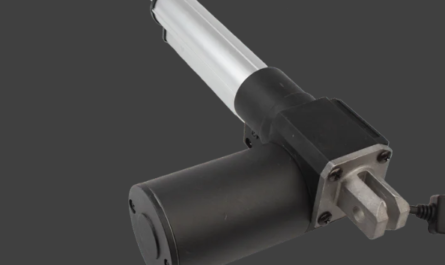Water quality is a critical component of environmental monitoring, as it directly affects the health of ecosystems and communities. BOQU’s water quality sensors have made a significant impact on how we gather data to assess and address environmental challenges.
Accuracy and Reliability: The Foundation of Effective Monitoring
One of the key ways in which BOQU’s sensors have had an impact is through their accuracy and reliability. These sensors are able to detect a wide range of parameters, including pH levels, dissolved oxygen, turbidity, and conductivity. By providing precise and real-time data, these sensors enable environmental scientists to identify trends, track changes over time, and pinpoint sources of pollution.
Durability and Ease of Use: Expanding the Reach of Environmental Monitoring
In addition to their accuracy, BOQU’s sensors are also known for their durability and ease of use. These sensors are designed to withstand harsh environmental conditions, ensuring that they can be deployed in a wide range of settings, from remote rivers to industrial discharge points. Their user-friendly interface makes them accessible to a wide range of users, including field technicians, scientists, and policymakers.
A Comprehensive Approach to Water Quality Monitoring
The wide range of parameters that BOQU’s sensors can detect makes them versatile tools for environmental monitoring. By measuring multiple aspects of water quality, these sensors provide a more comprehensive picture of ecosystem health. This holistic approach allows researchers to understand the complex interactions between different factors, such as nutrient levels, temperature, and microbial activity.
Rapid Response to Environmental Emergencies
BOQU’s sensors have also had a major impact on our ability to respond to environmental emergencies. In the event of a spill or contamination event, these sensors can quickly detect changes in water quality, allowing authorities to take immediate action to protect public health and the environment.
Long-Term Monitoring: Understanding Ecosystem Trends and Patterns
Furthermore, BOQU’s sensors are playing a crucial role in long-term monitoring programs. By collecting data over time, these sensors allow scientists to track trends and identify patterns in water quality. This data can be used to assess the effectiveness of conservation efforts, track the impact of climate change, and inform policy decisions.
Conclusion: Revolutionizing Environmental Monitoring with BOQU’s Water Quality Sensors
In conclusion, the impact of BOQU’s water quality sensors on environmental monitoring cannot be overstated. These sensors have revolutionized our ability to gather accurate, reliable, and comprehensive data about water quality, enabling us to respond to environmental challenges with greater efficiency and effectiveness. By providing the tools and technology needed to monitor water quality, BOQU is helping to protect our precious water resources for future generations.
